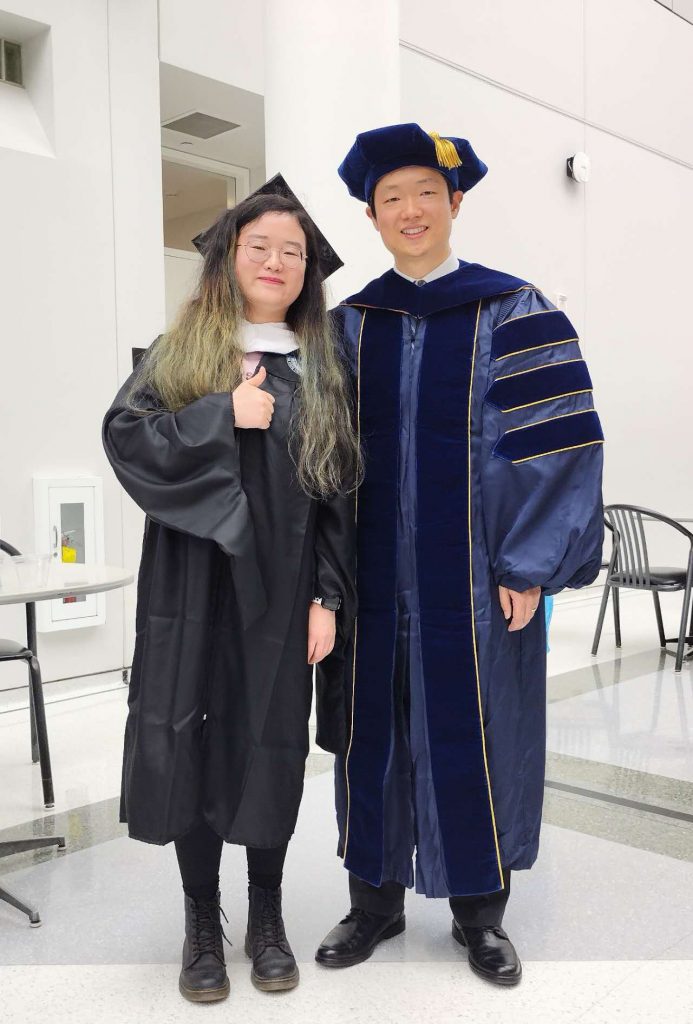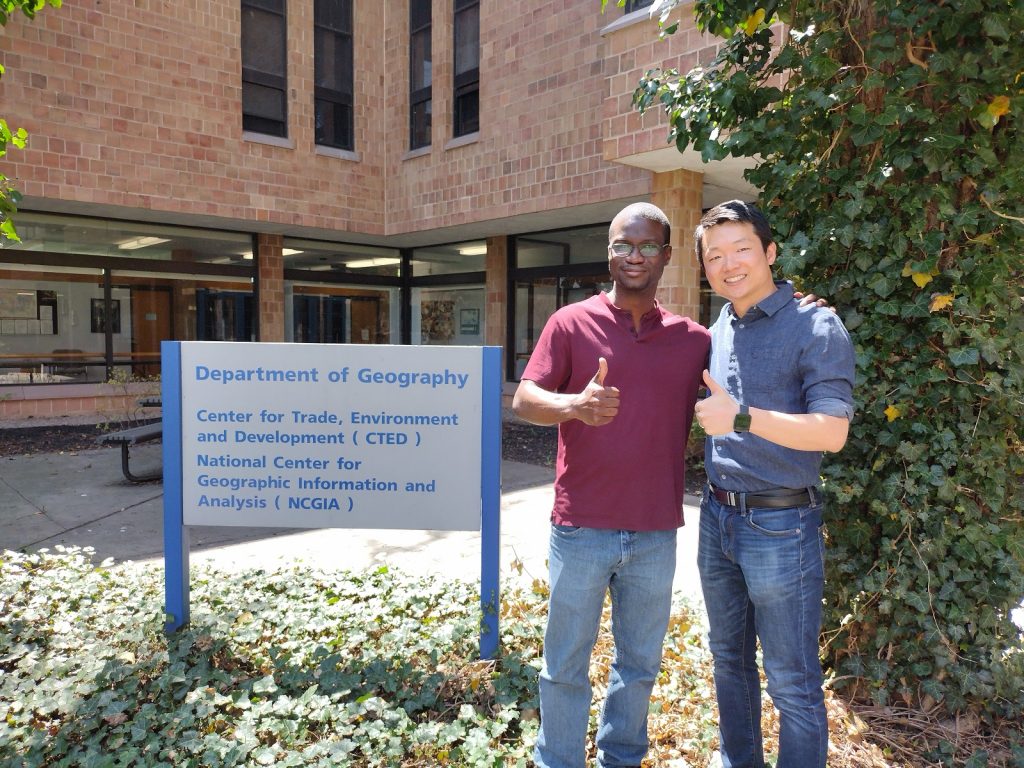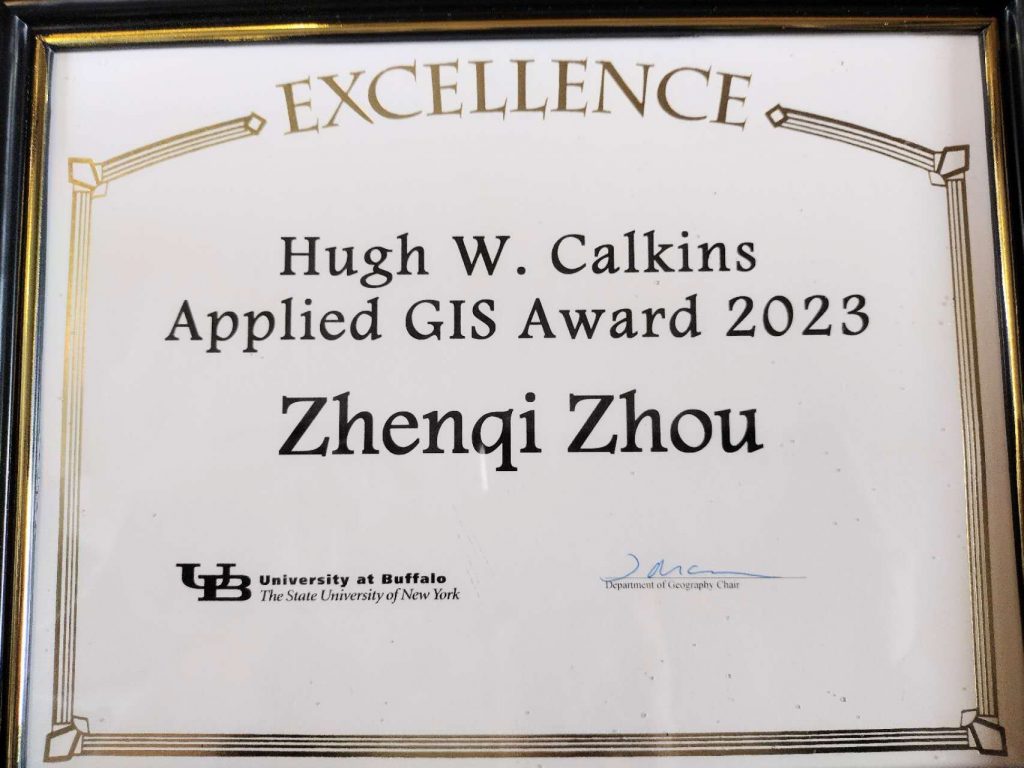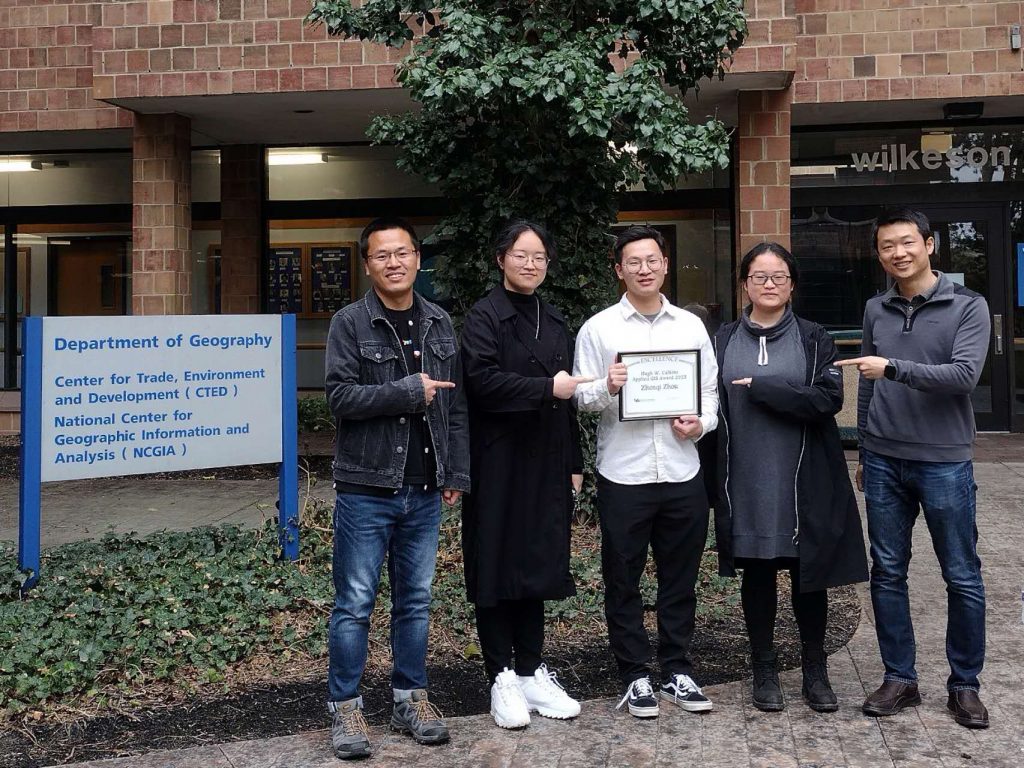Abstract: Point of interest (POI) data provide digital representations of places in the real world, and have been increasingly used to understand human-place interactions, support urban management, and build smart cities. Many POI datasets have been developed, which often have different geographic coverages, attribute focuses, and data quality. From time to time, researchers may need to conflate two or more POI datasets in order to build a better representation of the places in the study areas. While various POI conflation methods have been developed, there lacks a systematic review, and consequently, it is difficult for researchers new to POI conflation to quickly grasp and use these existing methods. This paper fills such a gap. Following the protocol of Preferred Reporting Items for Systematic Reviews and Meta-Analyses (PRISMA), we conduct a systematic review by searching through three bibliographic databases using reproducible syntax to identify related studies. We then focus on a main step of POI conflation, i.e., POI matching, and systematically summarize and categorize the identified methods. Current limitations and future opportunities are discussed afterwards. We hope that this review can provide some guidance for researchers interested in conflating POI datasets for their research.
More details are available in the full paper: Kai Sun, Yingjie Hu, Yue Ma, Ryan Zhenqi Zhou, and Yunqiang Zhu (2023): Conflating point of interest (POI) data: A systematic review of matching methods. Computers, Environment and Urban Systems, 103, 101977. [PDF]




